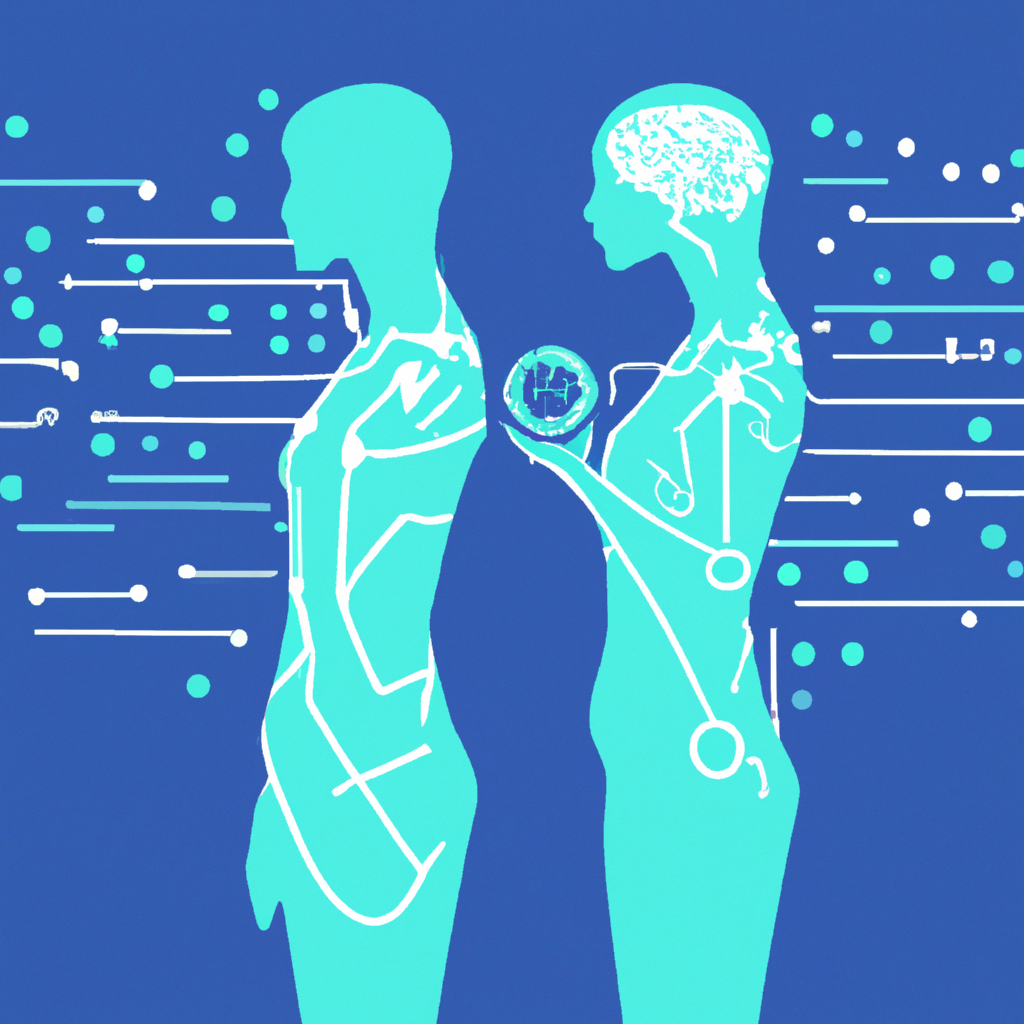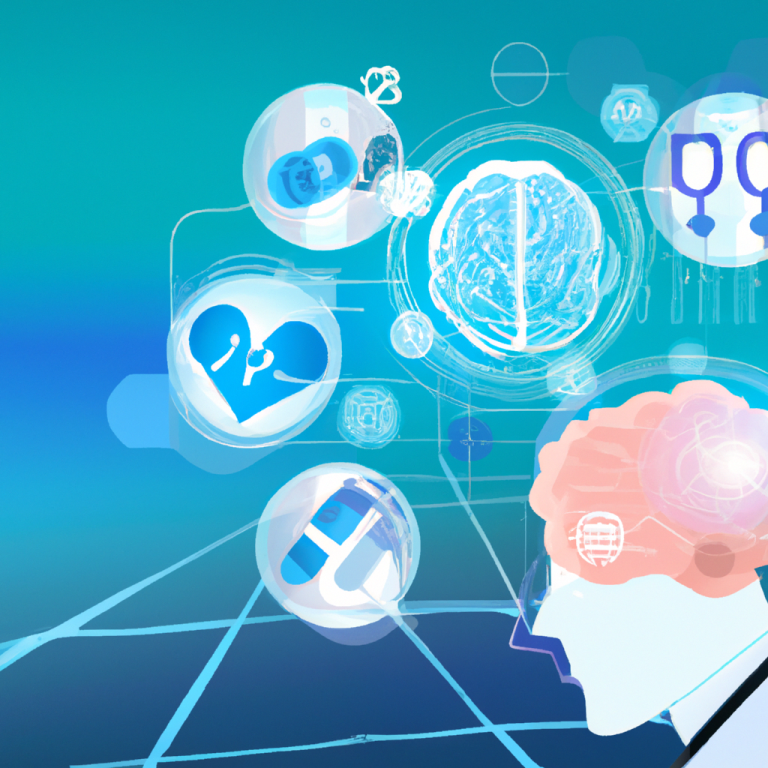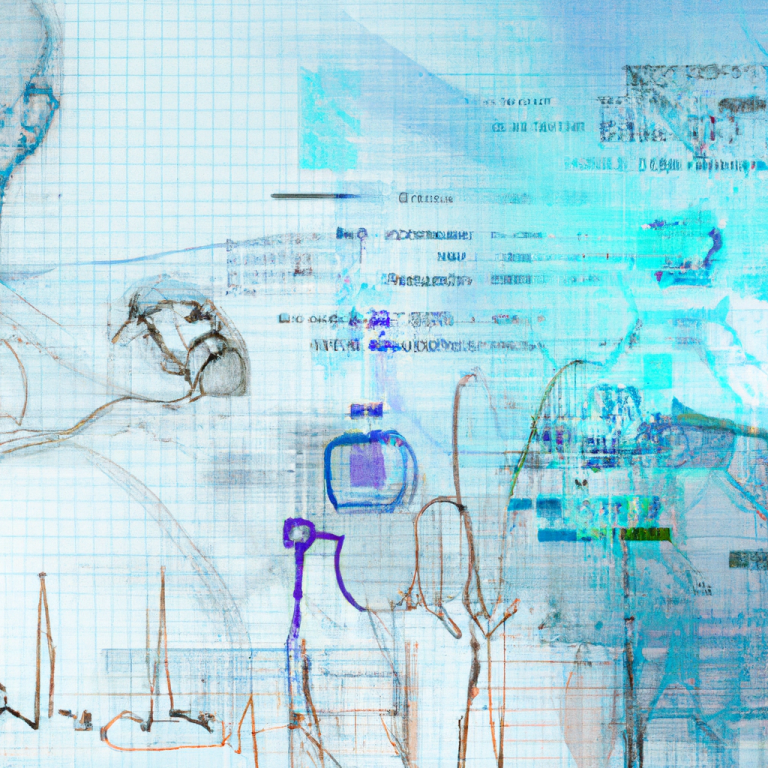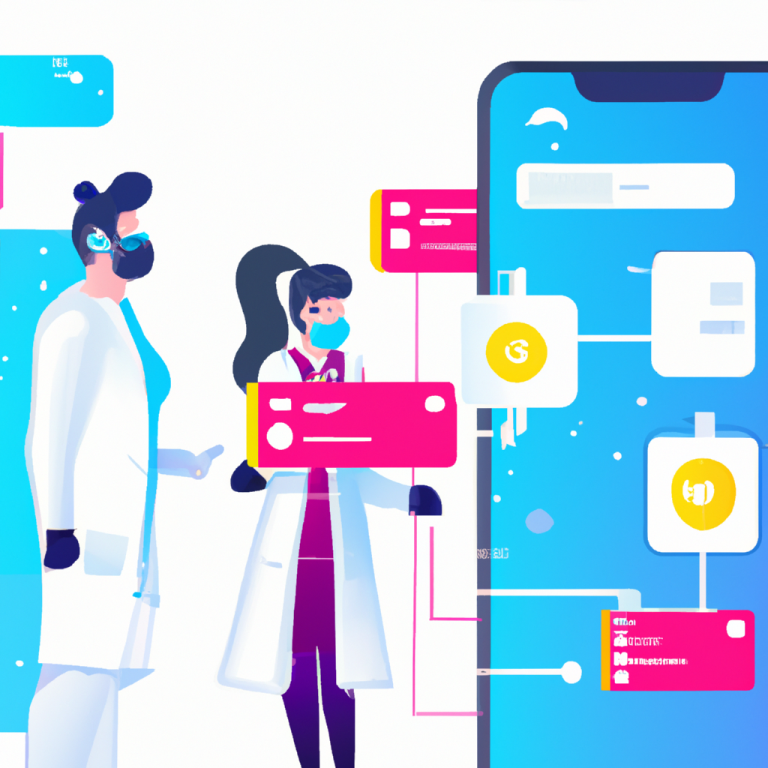As the world continues to advance technologically, healthcare has become one of the sectors to benefit the most from the use of artificial intelligence (AI) technology. The potential for AI in healthcare is vast, and it continues to evolve as scientists and researchers discover new ways to utilize the technology to improve medical care.
One of the most apparent benefits of AI in healthcare is that it helps doctors and medical practitioners to make more accurate and effective treatment decisions. By providing additional data analytics, doctors can evaluate patients’ medical histories, chronic condition trends, and other valuable health indicators more comprehensively. That way, doctors can deliver personalized treatment plans to patients that are more efficient and cost-effective.
AI-powered tools can also improve the speed and efficiency of medical diagnosis, which is critical when dealing with life-threatening conditions. For instance, AI-powered image analysis algorithms can analyze X-rays, CT scans, and MRI images more reliably and quickly than human professionals. This technology can increase the accuracy of diagnoses and reduce the risk of medical errors, which could drastically reduce healthcare costs.
Another way AI could transform healthcare is by analyzing vast amounts of data to identify the most effective treatments for specific diseases. By using machine learning algorithms, AI can scan numerous peer-reviewed journals and scientific databases, searching for the most effective treatments for a particular illness. This approach saves time and resources, allowing doctors to provide their patients with individualized care plans that significantly improve the probability of healing.
Perhaps most exciting of all are the potential applications of AI in developing new drug therapies. Pharma companies can use AI systems to scan billions of data points related to chemical compounds, test results, clinical trials, and electronic health records to determine which compounds may provide the most effective treatments. By analyzing this data with AI technology, the drug discovery and development process could be faster, cheaper, and more accurate than previously possible.
In conclusion, AI has significant potential to transform healthcare in numerous ways. With its ability to process vast amounts of data quickly, it can help healthcare practitioners diagnose diseases better, develop new treatments, and improve personalized care. The future of healthcare looks bright with the potential of artificial intelligence.



